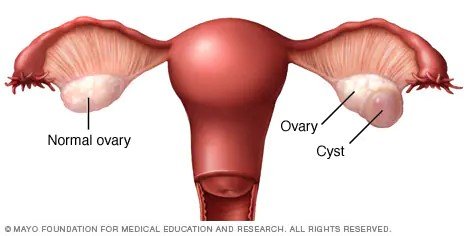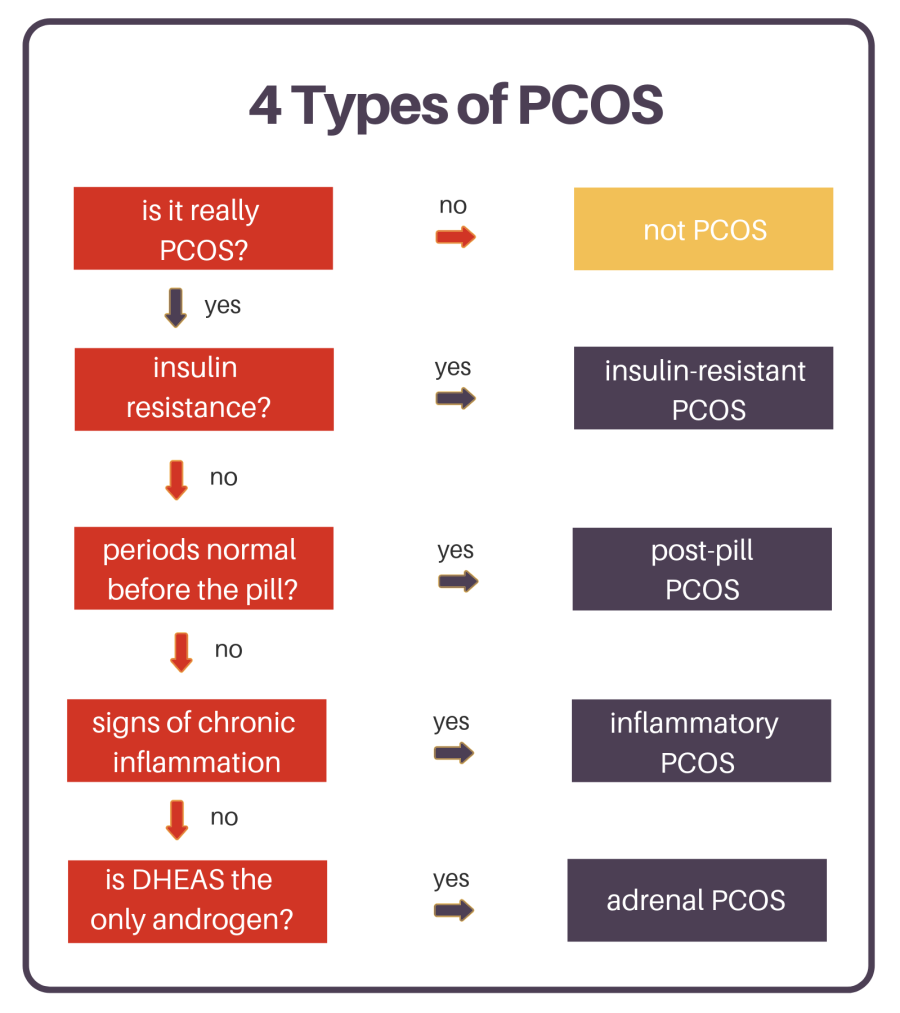PCOS (Polycystic Ovary Syndrome) is a common hormonal disorder affecting millions of women globally, particularly those in their reproductive years.
In India, the prevalence of PCOS is alarmingly high, impacting a significant portion of the female population and posing severe risks to their overall health and well-being.
Prevalence of PCOS in India
According to recent surveys, the prevalence of PCOS in India is staggering. Gynoveda’s survey done in Sept 2023 involving 3 lakh Indian women aged 18-45 revealed that 70% face menstrual health issues, notably PCOS, significantly impacting their fertility and quality of life.
Furthermore, OZiva’s nationwide survey for PCOS month found that a staggering 65% of Indian women are unaware of the symptoms of PCOS, highlighting the urgent need for increased awareness and education.
The global prevalence of PCOS ranges from 4% to 20%, affecting approximately 8 to 40 crore women worldwide. In India, the reported prevalence is notably higher, ranging from 3.7% to 22.5%, impacting an estimated 1.3 to 7.9 crore women.
These alarming statistics underscore the severity of the issue and the urgent need for comprehensive action to address this growing public health concern.
Understanding PCOS
PCOS is a complex hormonal disorder that primarily affects women during their reproductive years (15-49 years).

It is characterized by hormonal imbalances, irregular menstrual cycles, and the development of small fluid-filled sacs called cysts on one or both ovaries.
These cysts can interfere with ovulation and lead to a range of symptoms and long-term health complications.
Different Types of PCOS and Dietary Recommendations
There are different types of PCOS, each with its own characteristics and recommended dietary adjustments:
- Insulin-Resistant PCOS: This is the most common type of PCOS and is directly linked to insulin resistance. A diet high in refined carbohydrates can exacerbate insulin resistance, making weight loss more difficult to manage. Foods that combat insulin resistance by slowing down digestion and reducing the effect of sugar on the blood may be beneficial. These include high-fiber foods like broccoli, cauliflower, Brussels sprouts, red leaf lettuce, arugula, green and red peppers, beans, lentils, almonds, berries, sweet potatoes, winter squash, and pumpkin.

- Inflammatory PCOS: This type is characterized by chronic low-grade inflammation. Anti-inflammatory foods and spices, like turmeric, tomatoes, kale, spinach, almonds, walnuts, olive oil, and fruits like blueberries and strawberries, can help manage this type of PCOS.
- Adrenal PCOS: This type is less common and is characterized by the overproduction of male hormones by the adrenal glands. While specific dietary recommendations for this type are less established, a balanced diet and lifestyle changes are generally beneficial for all types of PCOS.
- Post-pill PCOS: This type occurs after stopping the intake of oral contraceptive pills. According to nutritionist Pooja Makhija, “The artificial Progesterone causes a party in the ovaries after you stop the pills”, and this can lead to PCOS.
To manage Post-pill PCOS, a balanced diet, regular exercise, stress management, and regular medical check-ups are essential. While these tips can help manage symptoms, they are not a cure for PCOS. Regular check-ups and medical treatment are necessary for managing all types of this condition.
Symptoms and Risk Factors
Recognizing the symptoms of PCOS is crucial for early intervention and effective management. These symptoms often appear in late adolescence or early adulthood and can include irregular or completely absent menstrual periods, difficulties in conceiving due to irregular or absent ovulation, excessive hair growth (hirsutism) on the face, chest, back, or buttocks, unusual weight gain, thinning of scalp hair, and oily skin or acne.
While the exact cause of PCOS remains unclear, several risk factors have been identified. These include genetics, insulin resistance, chronic low-grade inflammation, and obesity. A family history of PCOS can significantly increase an individual’s risk of developing the condition.
Additionally, insulin resistance, a key factor in PCOS, can lead to higher androgen levels, disrupting ovulation and contributing to the development of PCOS symptoms.
Long-term Health Complications
PCOS can have far-reaching implications for a woman’s health if left unaddressed. It can lead to various long-term complications, including an elevated risk of developing type 2 diabetes, heart disease, and high blood pressure.
Additionally, PCOS is associated with an increased likelihood of developing certain types of cancer, such as ovarian and breast cancer. Early detection and proper management are crucial to mitigate these risks and prevent long-term health consequences.
Prevention and Management Strategies
Given the complexity of PCOS, prevention focuses on managing known risk factors and adopting a holistic approach to maintaining overall health and well-being.

Here are some key prevention and management strategies:
- Healthy Diet and Regular Exercise: A balanced diet tailored to the specific type of PCOS, combined with regular physical activity, can help manage weight, reduce insulin resistance, and improve hormonal balance. Regular exercise can also contribute to overall cardiovascular health and reduce the risk of developing other PCOS-related complications.
- Early Detection through Regular Medical Check-ups: Regular medical check-ups and screenings can help detect PCOS early, allowing for timely intervention and management of symptoms. Early detection can also help prevent long-term health complications associated with the condition.

- Lifestyle Changes: Adopting a healthy lifestyle is critical in preventing and managing PCOS. Even modest weight loss of 5-10% can significantly improve PCOS symptoms, reduce insulin resistance, and restore hormonal balance. Stress management techniques, such as yoga, meditation, and mindfulness practices, can also help mitigate the effects of PCOS.
- Quit Smoking: Smoking exacerbates the health issues associated with PCOS by increasing metabolic problems and hormonal imbalances. Quitting smoking can significantly improve the overall health and well-being of women with PCOS.
- Medication and Medical Intervention: In some cases, medical intervention may be necessary to manage PCOS symptoms and prevent complications.
 Medications, such as insulin-sensitizing drugs, birth control pills, or anti-androgen medications, can help regulate hormone levels and restore ovulation. However, it is crucial to consult with a healthcare professional and follow their guidance.
Medications, such as insulin-sensitizing drugs, birth control pills, or anti-androgen medications, can help regulate hormone levels and restore ovulation. However, it is crucial to consult with a healthcare professional and follow their guidance.
Polycystic Ovary Syndrome (PCOS) is a prevalent and concerning health issue among Indian women, with a reported prevalence rate that surpasses global estimates.
The alarming statistics underscore the need for increased awareness, early detection, and comprehensive prevention and management strategies that consider the different types of PCOS and their specific dietary recommendations.
By addressing the risk factors, promoting healthy lifestyle choices, and ensuring regular medical check-ups, women can significantly reduce their risk of developing PCOS and mitigate its long-term health consequences.
A collaborative effort involving healthcare professionals, policymakers, and individuals is essential to tackle this pressing public health challenge and improve the overall well-being of women in India and beyond.
Read about the benefits of sports and exercise across all stages of life, here.











